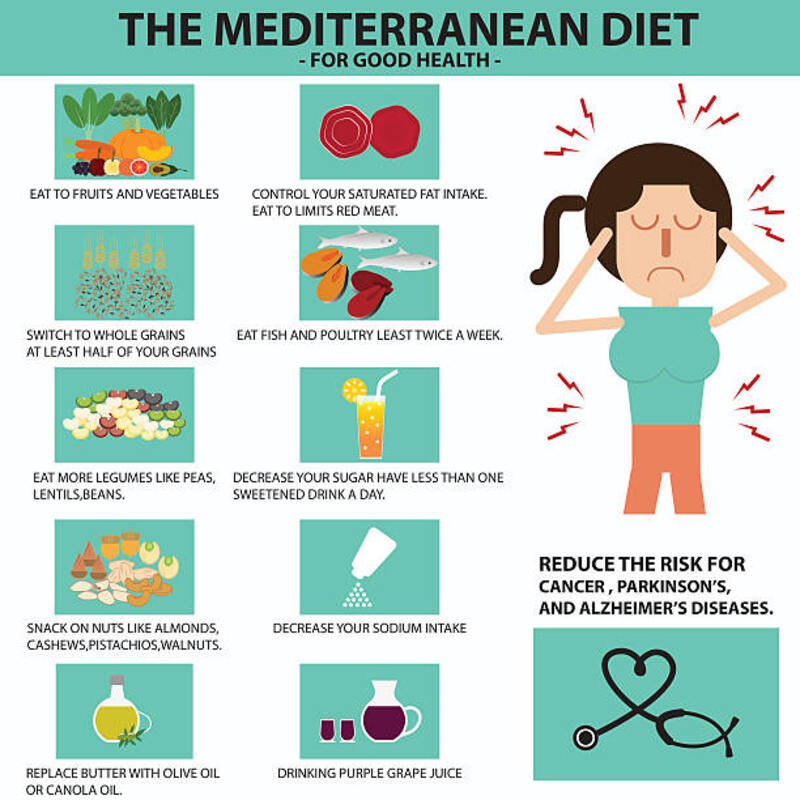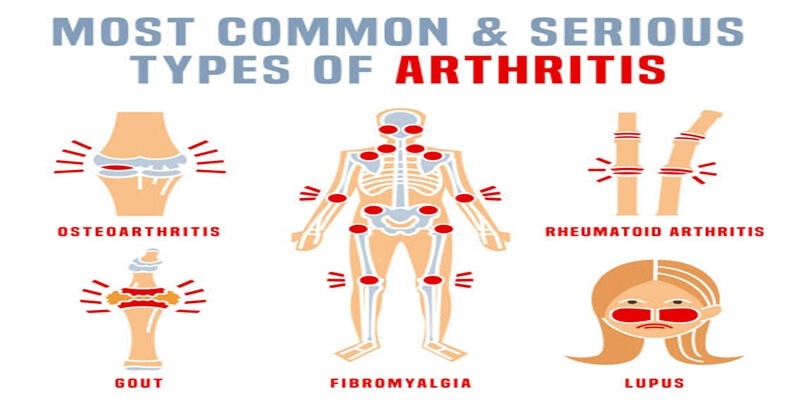Menopause can be a difficult transition for many women, and feeling overwhelmed during this time is common. It’s important to stay positive despite the various physical and emotional challenges that can come up during menopause. From managing hot flashes to dealing with feelings of sadness or stress, it’s truly an individual process for each woman. However, there are some successful strategies you can use to focus on and maintain your mental health while going through menopause. In this blog post, we will discuss tips on how to stay positive throughout this life transition so you can gain insight into passing through it in a more meaningful way!
Get regular exercise - this can help reduce stress levels and improve your overall mood:

Regular exercise can help keep your body feeling strong and energetic during menopause. Physical activity such as walking, running, biking or swimming can all be beneficial to not only your physical health but also your mental wellbeing. Exercise releases endorphins which make you feel happier and more positive about yourself. It can also help reduce stress levels, manage hot flashes, and improve your overall mood.
Talk to someone - find a friend or family member who is willing to listen and provide support:
Talking about menopause can be intimidating, but it’s important to open up to close friends and family members who you trust. Having an honest conversation with them can help normalize the process of going through menopause Get regular exercise - this can help reduce stress levels and improve your overall mood.
It can also provide an outlet for sharing your experiences and thoughts, as well as give you a listening ear when needed. Talking to someone helps take away the feeling of being alone in this life transition and allows them to offer support if needed.
Make time for self-care - try activities such as yoga, meditation:

Self-care is an important part of staying positive during menopause. Taking time for yourself can help reduce stress and prevent feeling overwhelmed with all the changes that come along with it. Try doing activities such as yoga, meditation or even coloring to help take your mind off of menopause.
It’s also a good idea to make sure you are eating a nutritious diet and getting plenty of rest. Taking care of your body and mind can help keep your energy levels up and give you a sense of control over the process.
Find ways to stay positive - look for humor in everyday life, think positively about yourself:
Finding small things to be grateful for can help keep your spirits up during menopause. Look for humor in everyday life, think positively about yourself, or find something to be thankful for. Focusing on the positive instead of all the negative aspects of menopause is key to staying upbeat and cheerful.
Implementing a few strategies into your daily routine such as journaling, listening to music, or doing something creative can also be helpful. Additionally, try to practice mindfulness and focus on being in the present moment as much as possible. This will help you stay focused and prevent feeling overwhelmed by all the changes occurring within your body.
Overall, menopause is an important life transition that comes with a variety of physical and emotional changes. It's important to stay positive throughout this process and focus on your mental health. By using the tips above, you can maintain a sense of control over the situation and gain insight into passing through it in a more meaningful way!
Eat a balanced diet - make sure you are getting enough vitamins and minerals to keep energy levels up:
The food you eat has a big impact on how you feel during menopause. Eating a balanced diet is important to ensure your body is getting all the vitamins and minerals it needs to keep energy levels up. Foods rich in omega-3 fatty acids, such as salmon and other fish, are great for boosting mood and reducing hot flashes. Leafy greens, nuts Eat a balanced diet - make sure you are getting enough vitamins and minerals to keep energy levels up. and legumes are full of fiber and essential vitamins and minerals that can help regulate hormones and strengthen bones. Whole grains, fruits, and vegetables are also great sources of nutrition for managing menopause symptoms.
Take breaks throughout the day to relax and clear your head – listening to music, reading a book, journaling:
Taking breaks throughout the day to relax and clear your head is an important part of staying positive during menopause. Listening to music, reading a book, journaling, or taking a walk are all great options for taking your mind off of menopause and helping you recharge. Taking time for yourself can help reduce stress, improve mood, and provide much needed mental clarity.
It’s also important to practice self-compassion and be kind to yourself during menopause. Remind yourself that this is a natural process and that you are not alone in this journey. Making positive affirmations or connecting with friends who understand what you're going through can also help keep your spirits up during this life transition!
Conclusion:
Menopause is a natural process that can bring about physical and emotional changes. It's important to stay positive throughout this life transition so you can gain insight into passing through it in a more meaningful way. By getting regular exercise, talking to someone, making time for self-care, finding ways to stay positive and eating a balanced diet, you can maintain your energy levels, reduce stress, and improve your overall mood. Taking breaks throughout the day to relax and clear your head is also essential for managing menopause symptoms. Remember to practice self-compassion and be kind to during this process – you are not alone in this journey!
FAQs:
Q: What can I do to help manage menopause symptoms?
A: Regular exercise, talking to someone, making time for self-care, finding ways to stay positive and eating a balanced diet are all great strategies for managing menopause symptoms. Taking breaks throughout the day to relax and clear your head is also essential for maintaining your energy levels and reducing stress.
Q: What should I eat to help manage menopause symptoms?
A: Eating a balanced diet is important for managing menopause symptoms. Foods rich in omega-3 fatty acids, such as salmon and other fish, are great for boosting mood and reducing hot flashes. Leafy greens, nuts and legumes are full of fiber and essential vitamins and minerals that can help regulate hormones and strengthen bones. Whole grains, fruits, and vegetables are also great sources of nutrition for managing menopause symptoms.




